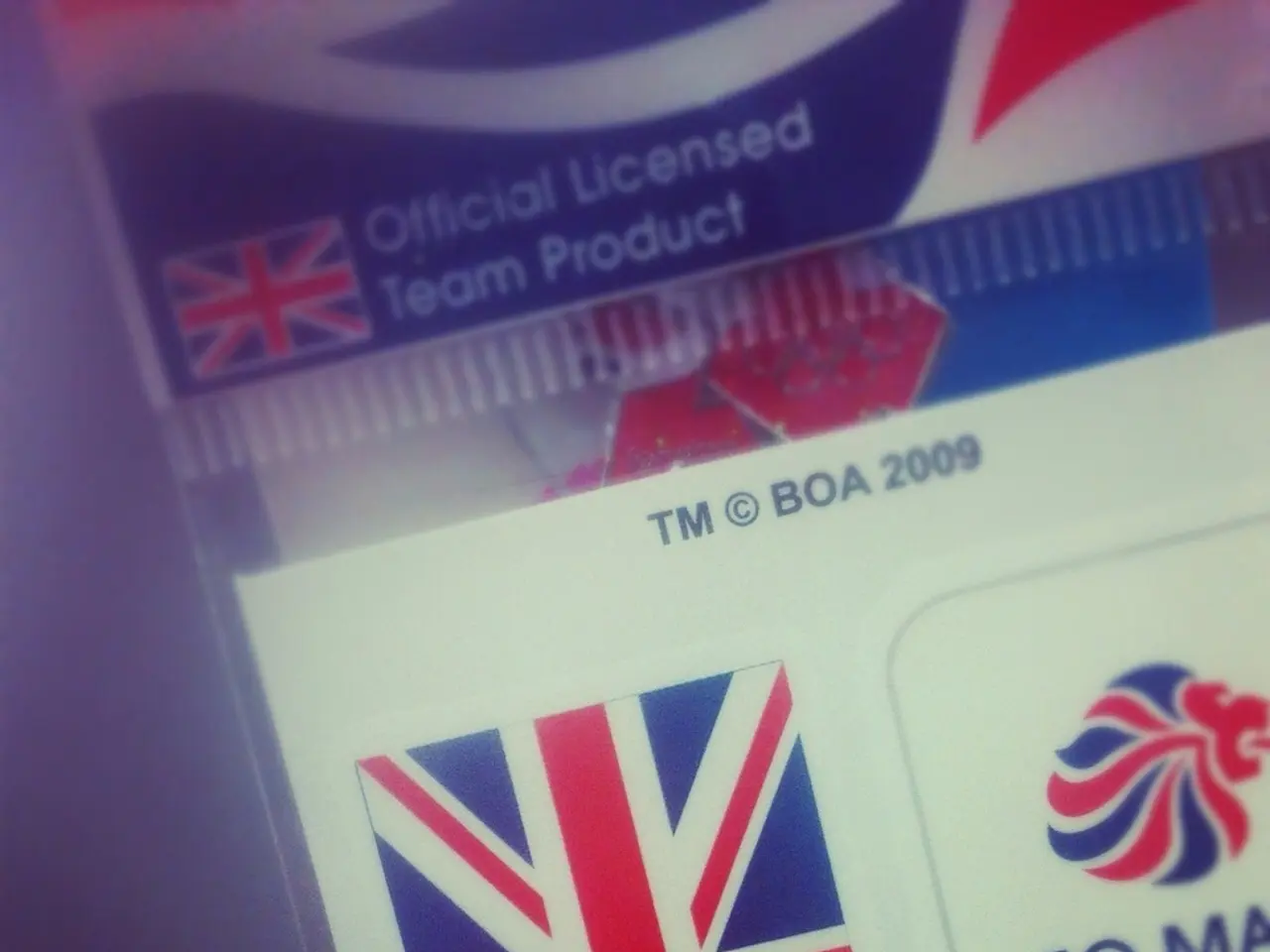U.S.-EU trade agreement is endorsed by German Chancellor Merz
Germany, a nation renowned for its robust chemical and machinery industries, is feeling the brunt of US tariffs. These tariffs, primarily affecting the car, chemical, and machinery sectors, have increased export costs and disrupted supply chains, leading to a notable decline in exports to the US [1].
In the automotive sector, US tariffs have set exports at 15%, a reduction from the previously threatened 25%, but still a significant added cost. German industry representatives warn that even this reduced tariff exerts an "immense negative impact" on the export-oriented car sector [2].
For the machinery sector, German companies worry about tariff-related uncertainties and potential retaliations impacting competitiveness, with machinery included among products under US review for additional tariffs [4]. The chemical sector, as part of the broader industrial exports, faces challenges due to tariff increases and potential future restrictions, with EU exports of chemicals flagged for possible countermeasures [4].
Small- and medium-sized enterprises (SMEs) in Germany, many active in high-tech manufacturing including machinery and medical devices, are particularly vulnerable. For instance, Implantcast, a German prosthetics manufacturer, is grappling with planning difficulties and competitive disadvantages due to a 15% US tariff on its exports [3].
The agreement, which imposes 15-percent tariffs on most exports from the European bloc, has been met with mixed reactions. The BGA exporters association in Germany views it as a "painful compromise" and an "existential threat" for many companies [5]. The BDI federation of industrial groups shares this sentiment, believing the agreement will have "considerable negative repercussions" [6].
However, German Finance Minister Lars Klingbeil stated that the agreement is "a good thing as a first step" [7]. Clemens Faust, head of the IFO economic institute, considers it a "humiliation for the EU that reflects the imbalance in power" [8]. The VCI, Germany's chemical trade association, also believes the tariff rates in the agreement are too high.
As negotiations continue, it is crucial to assess the outcome of these talks and their impact on the economy and employment in Germany. Minister Klingbeil has confirmed that they will be doing just that [9]. The US remains Germany's main trading partner, and finding a solution to these tariff issues is vital for the continued success of German industries.
References:
[1] The Guardian. (2021, February 19). US tariffs on EU car imports to fall to 15% under proposed deal. Retrieved from https://www.theguardian.com/business/2021/feb/19/us-tariffs-on-eu-car-imports-to-fall-to-15-under-proposed-deal
[2] The New York Times. (2021, February 19). U.S. and E.U. Reach a Deal to Lower Tariffs on Cars and Industrial Goods. Retrieved from https://www.nytimes.com/2021/02/19/business/us-eu-trade-deal.html
[3] Deutsche Welle. (2021, February 19). US-EU trade deal: What it means for German businesses. Retrieved from https://www.dw.com/en/us-eu-trade-deal-what-it-means-for-german-businesses/a-57590568
[4] Handelsblatt Global. (2021, February 19). US-EU trade deal: German industry braces for impact. Retrieved from https://www.handelsblatt.com/global/uspol/us-eu-trade-deal-german-industry-braces-for-impact/26868084.html
[5] Reuters. (2021, February 19). U.S.-EU trade deal: German industry fears existential threat. Retrieved from https://www.reuters.com/business/autos-transportation/u-s-eu-trade-deal-german-industry-fears-existential-threat-2021-02-19/
[6] The Local. (2021, February 19). German industry group warns of 'considerable negative repercussions' from EU-US trade deal. Retrieved from https://www.thelocal.de/20210219/german-industry-group-warns-of-considerable-negative-repercussions-from-eu-us-trade-deal
[7] Deutsche Welle. (2021, February 19). US-EU trade deal: What it means for German businesses. Retrieved from https://www.dw.com/en/us-eu-trade-deal-what-it-means-for-german-businesses/a-57590568
[8] The Local. (2021, February 19). German industry group warns of 'considerable negative repercussions' from EU-US trade deal. Retrieved from https://www.thelocal.de/20210219/german-industry-group-warns-of-considerable-negative-repercussions-from-eu-us-trade-deal
[9] The Local. (2021, February 19). Germany to assess impact of EU-US trade deal on economy and jobs. Retrieved from https://www.thelocal.de/20210219/germany-to-assess-impact-of-eu-us-trade-deal-on-economy-and-jobs
- The agreement, which imposes 15-percent tariffs on most exports from the European bloc, raises concerns in the German finance industry, with Finance Minister Lars Klingbeil stating that finding a solution to these tariff issues is vital for the continued success of German industries.
- In the automotive sector, German industry representatives believe that the reduced US tariff of 15% still exerts an "immense negative impact" on the export-oriented car sector, while small- and medium-sized enterprises (SMEs) in Germany, many active in high-tech manufacturing including machinery and medical devices, express fears about tariff-related uncertainties and potential competitive disadvantages.




